Returning home after 20 years abroad, Dr. Nguyen Thanh My started two businesses in Tra Vinh, including an agricultural technology startup at the age of 60.
"Someday I will return to my hometown, build a factory, help villagers have jobs and a better life," Dr. Nguyen Thanh My (born in 1955) recounted his cherished dreams during his years living and working in Canada and the United States.
He was born and raised in Tra Vinh, left his hometown to start a business abroad in 1983. More than 20 years later, he decided to return and start building My Lan Group, specializing in the production of CTP offset printing plates, industrial inkjet machines and inks, and high-barrier multilayer plastic films. Everything was difficult at first, from human resources, infrastructure to unsupportive friends and the confusion about investment procedures of an overseas Vietnamese who had been doing business overseas for 20 years.
But he overcame the obstacles and made My Lan the first high-tech company in Tra Vinh to be recognized by the Ministry of Science and Technology. According to self-published figures, the company's annual revenue is over 30 million USD. In December 2015, he retired at the age of 60.
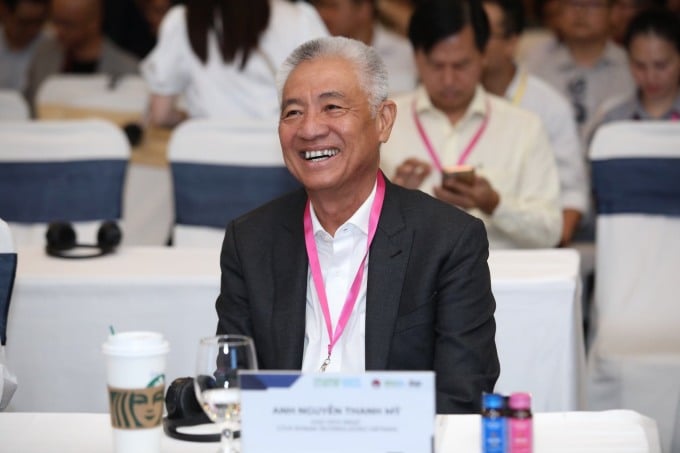
Dr. Nguyen Thanh My. Photo provided by the character
However, his passion for business and science and technology did not stop. Leaving My Lan, he started a new business with Rynan, including 3 companies operating in the agricultural sector. Among them is Rynan Technologies, located in Long Duc commune, Tra Vinh city.
Aiming to apply Internet of Things (IoT), artificial intelligence (AI), and edge computing to create digital transformation solutions for agriculture and aquaculture, he invested in data centers, research centers, and manufacturing plants for this company.
The startup’s products were born from real-life experiences of farming conditions in the Mekong Delta. For example, in 2016, every day he took a boat from his house on Long Tri Island (located in the middle of the Co Chien River) to the mainland to play tennis. After each trip, he gradually noticed that the trees on the island were turning brown.
When he asked the staff why they weren't watering the plants, he learned that the river water was salty. Every hour, the company's staff had to measure the salinity once, sometimes up to 12 parts per thousand at the mouth of Tra Vinh, which is 55-60 km from the coast.
"At this time, I just noticed the problem of saltwater intrusion and climate change that I had heard a lot about before. Thinking of ways to solve it, I had the idea of making a buoy device to monitor salinity floating on the water surface," he said.
In terms of function, the buoys can collect information about salinity and water level every 15 minutes, automatically synchronizing data to the cloud. Thanks to that, Long Tri people no longer have to go to the river every day to measure salinity while waiting for fresh water to irrigate their plants. To date, this smart buoy network has been installed at more than 80 stations in the West.
Another solution that has been widely applied after 5 years of its launch is the smart insect monitoring system. In the past, collecting pest data was done by luring insects to lights, electrocuting them with a net and collecting them in a funnel. Then, agricultural officers or farmers would collect insects for measurement and calculation.
Mr. Hong Quoc Cuong, Technical Director of Rynan Technologies, said this process is not done regularly. Sometimes, the updated data reaches farmers too late, when pests have already broken out. Not to mention that fluorescent lights use grid electricity, so they are unsafe, especially during storms.
Therefore, the American doctor's startup has developed a system that can attract more than 100 types of insects, including pests, natural enemies (animals used to eliminate harmful organisms) and harmless species. They use LED lights with appropriate light and wavelength to attract in rice fields; or use pheromones to attract harmful insects on fruit trees such as oranges, grapefruits, and mangoes.
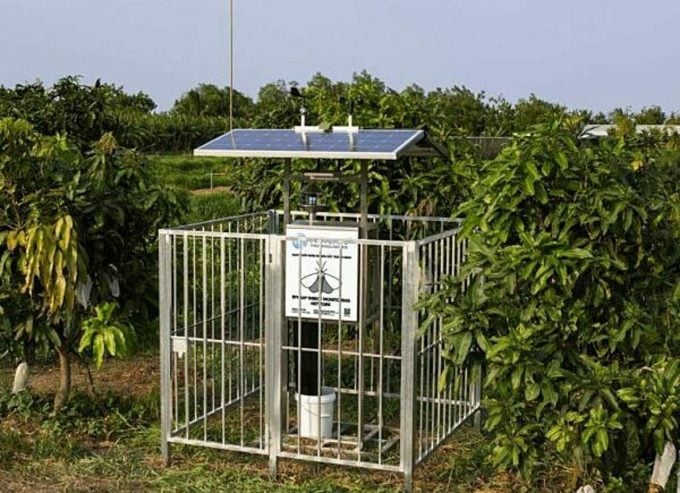
A smart insect monitoring station from Rynan. Photo provided by the company.
Identifying natural enemies to determine if the number of natural enemies is greater or equal to the number of pests can help farmers decide to limit or eliminate the use of pesticides, reducing costs and pollution.
All information is updated by the monitoring device via 4G, 5G network and can be controlled and monitored by mobile application. Meanwhile, the energy source is solar power and backup battery system. The company carries out the design of the controller hardware, the mechanical design of the entire system, and the manufacturing of hardware and software.
Since its launch in 2019, the system has installed 70 stations in 14 provinces and cities. "Accessing and introducing products to customers in Vietnam is not too difficult, especially in the direction of development and digital transformation of the agricultural sector," said Mr. Quoc Cuong.
Mr. Nguyen Van Cuong, Head of the Department of Cultivation, Plant Protection and Agricultural Product Quality Management of Long An province, said that in the past, this unit mainly used traditional insect traps, operated and collected data manually. For the past four years, they have been using Rynan's monitoring system.
"The system is very useful in state management, especially warning and managing pest outbreaks, and also helps farmers prevent pests, warn and reduce the use of pesticides to help protect the environment," he said.
To be more effective, Mr. Van Cuong said that it is necessary to expand and expand the monitoring network to more localities. This is to maximize the network to be able to detect pest outbreaks, as well as large-scale migration trends of planthoppers.
Recently, at the Qualcomm Vietnam Innovation Challenge (QVIC 2023), this smart insect monitoring system also won the grand prize of 100,000 USD. Ms. Nguyen Thanh Thao, Senior Business Development Director at Qualcomm, QVIC Representative, assessed the solution as creative, solving practical problems for farmers, and developed by a highly capable team.
"More than just a technical system, we believe that this team is a pioneer in Vietnam's digital agricultural revolution, able to activate the market and build a sustainable smart agricultural ecosystem," said Ms. Thao.
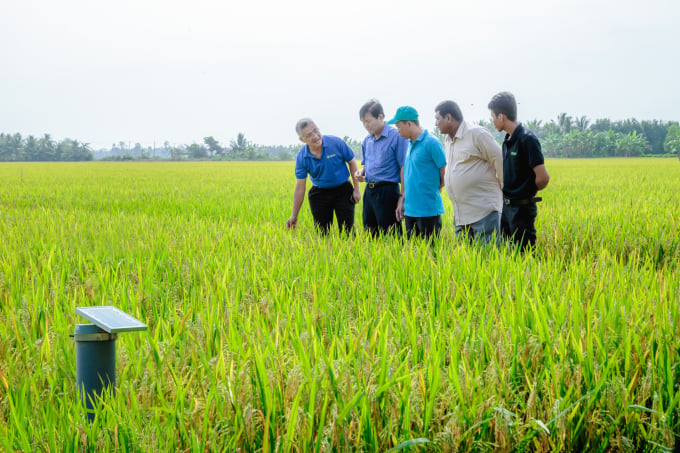
Dr. Thanh My (far left) and visitors view technological solutions in the fields. Photo provided by the company
QVIC representative said that Vietnam is still an agricultural country, so smart agricultural solutions and high-tech applications are not only a trend that the government is interested in but also have a potential market for development.
Therefore, the prospect of the "child" born at the retirement age of Dr. Thanh My is not small, especially when Rynan has not only one product but many ecosystems of agricultural technology solutions supporting each other. Thanks to that, the company's revenue comes from providing equipment and management software solutions, as well as other values in the future.
His clients are government agencies, non-governmental organizations (NGOs) supporting investment in Vietnamese agriculture, businesses and partners abroad. The smart insect monitoring system alone has been copyrighted in more than 13 countries and exported to Japan. They are promoting expansion to Cambodia, Thailand, Indonesia, India, Australia and the US.
Enjoying retirement by continuing his entrepreneurial journey, Dr. Thanh My said that he determined the mission for his startup to help "build green, smart, sustainable agriculture and adapt to climate change".
Telecommunications
Source link








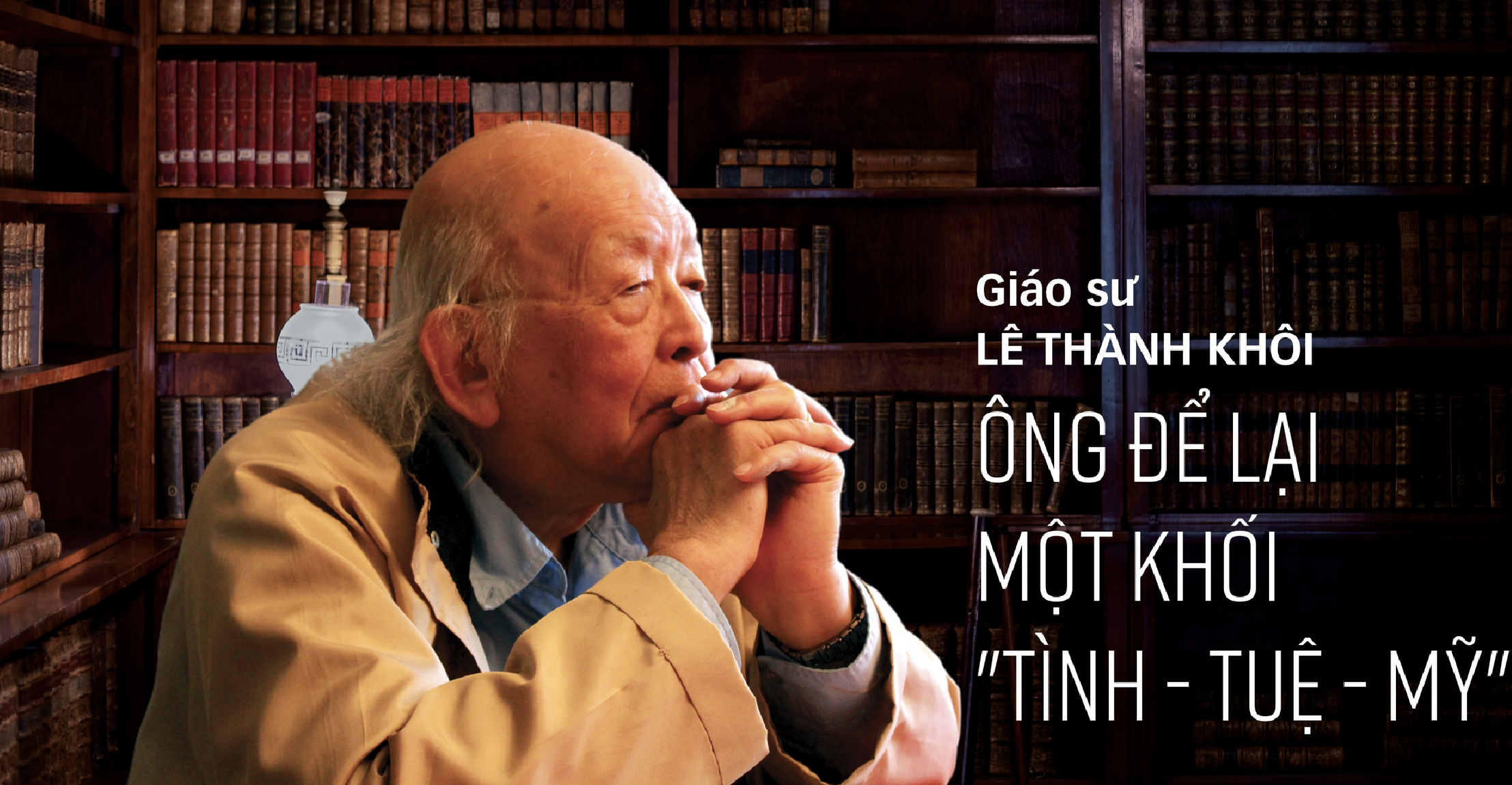

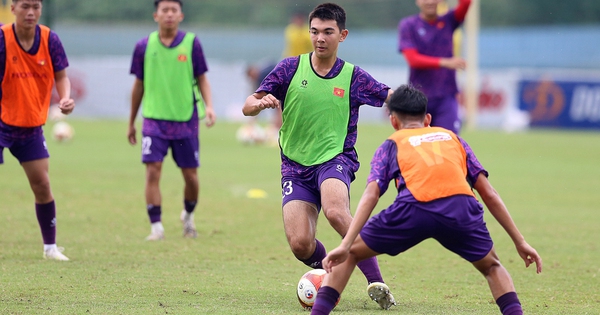


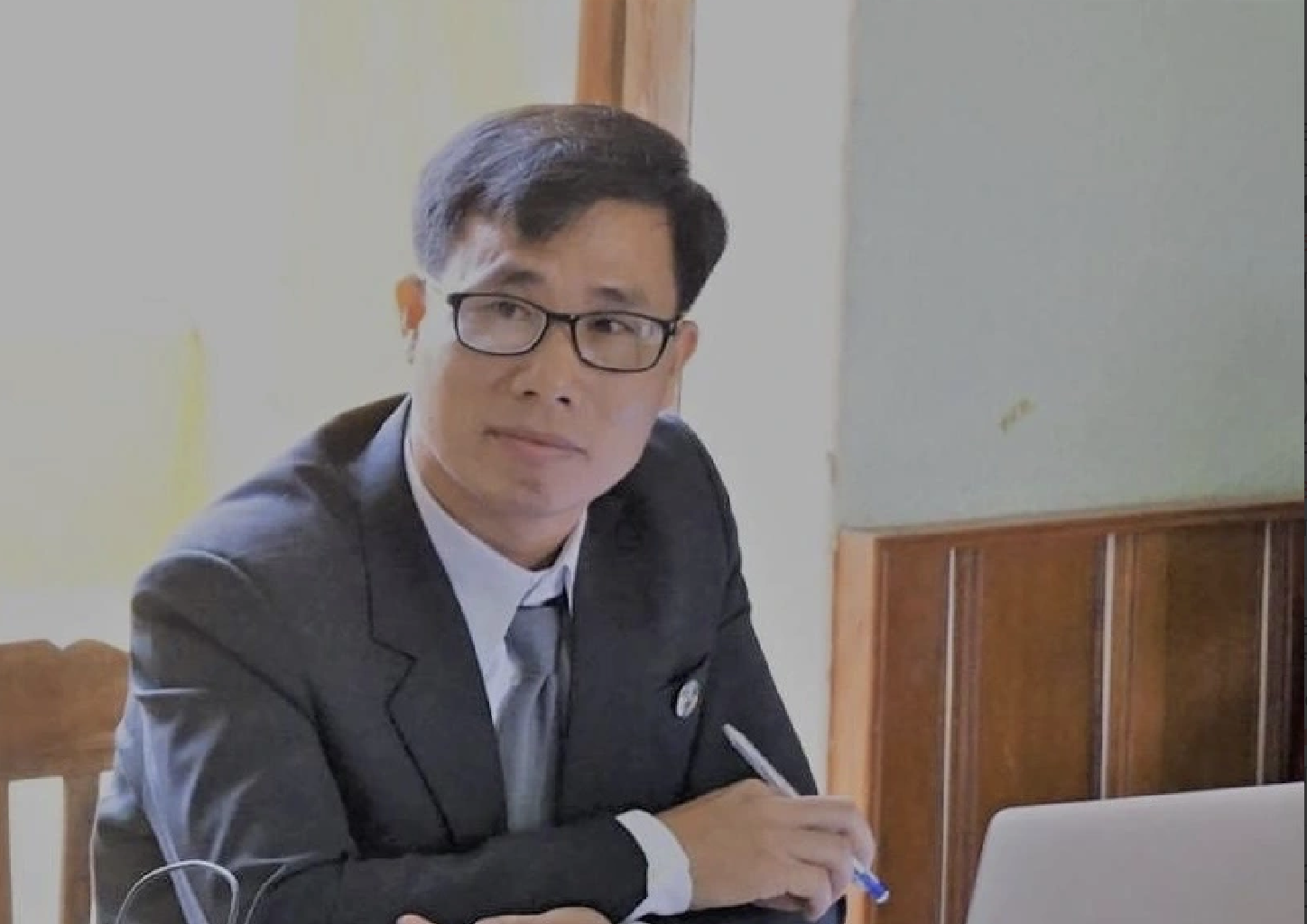
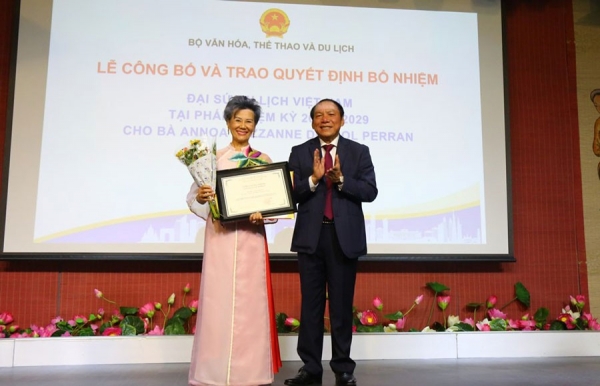

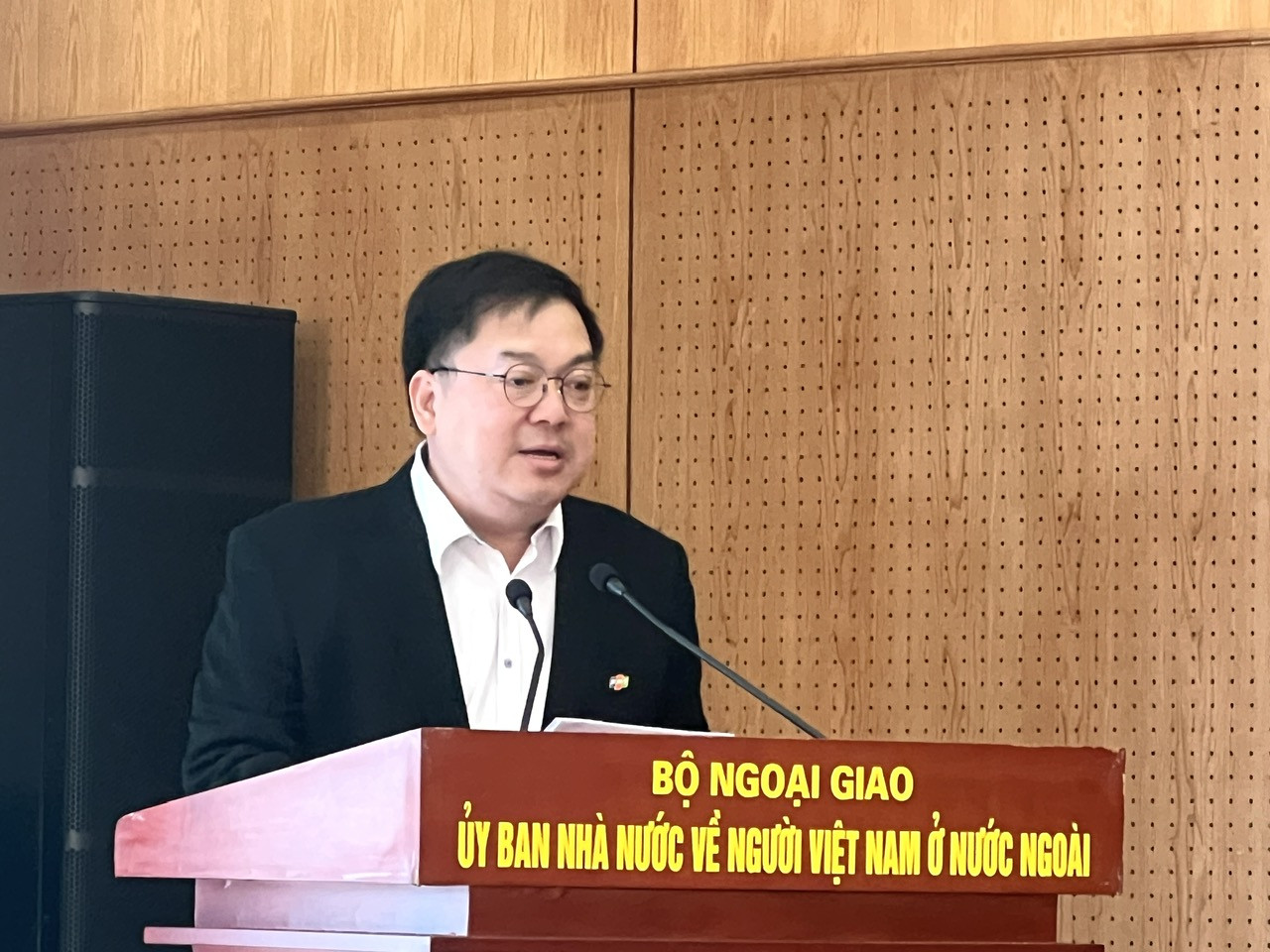

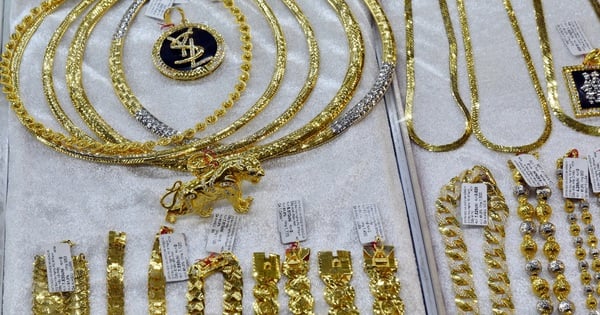

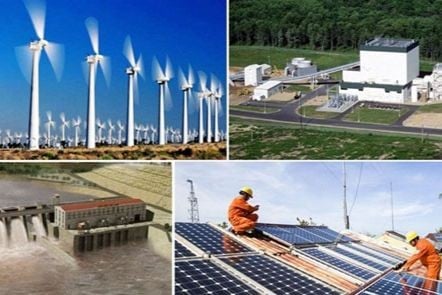

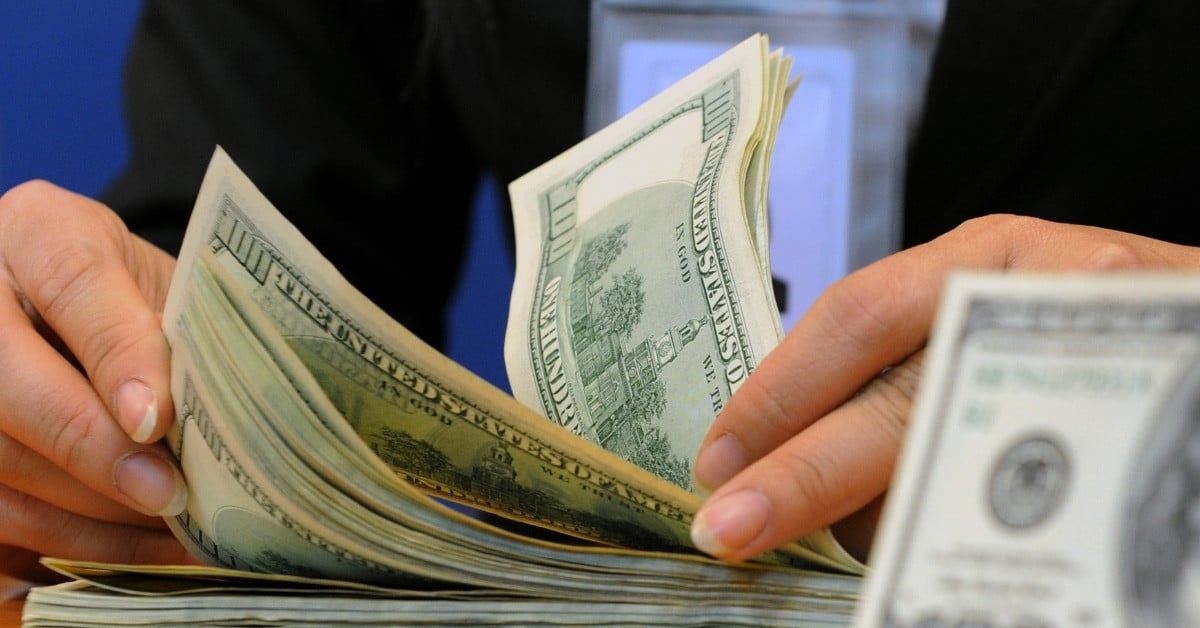
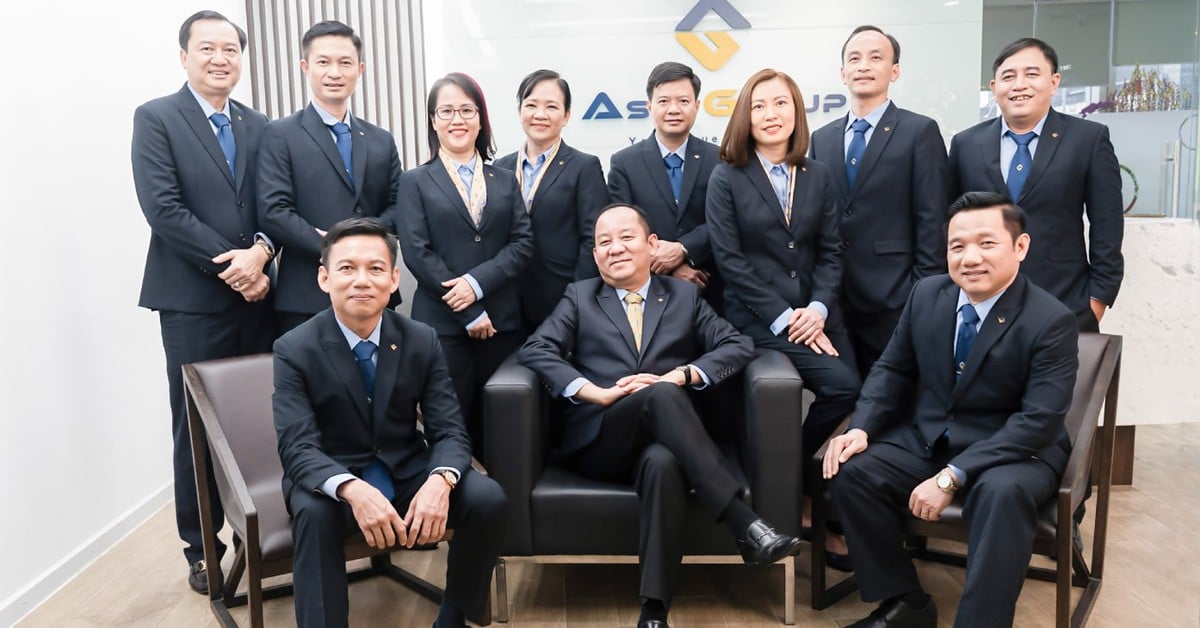
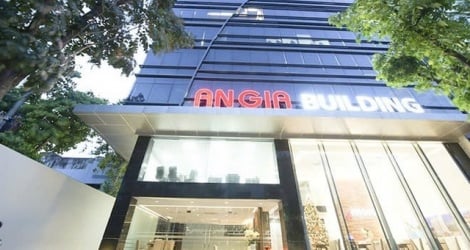

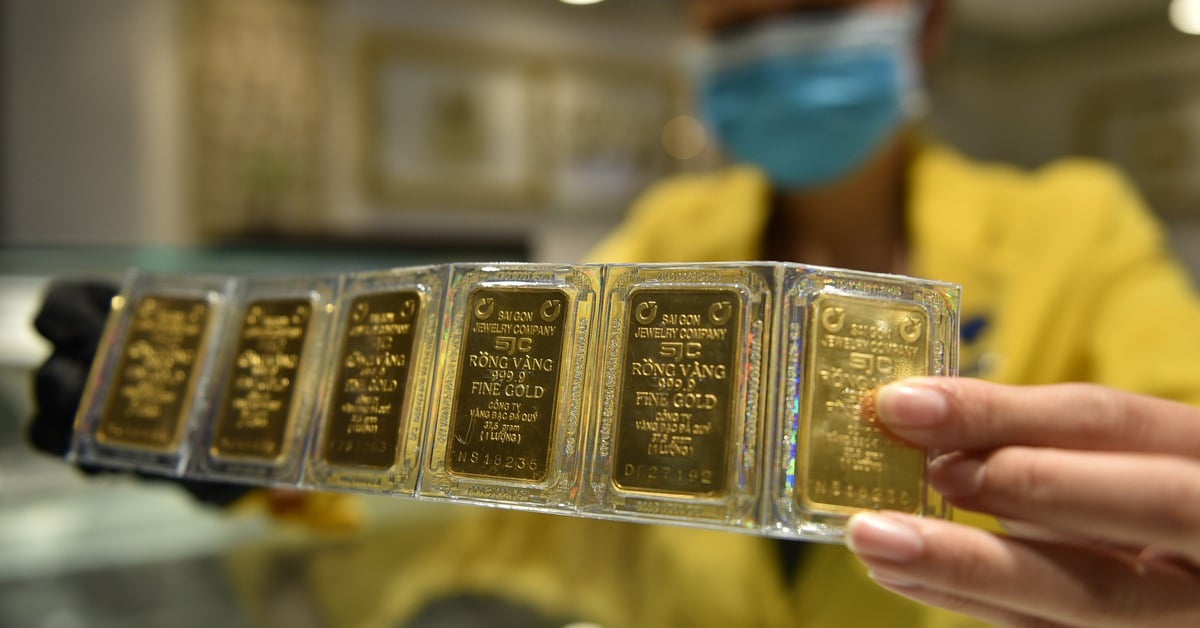















![[Photo] Prime Minister Pham Minh Chinh chairs Government Conference with localities on economic growth](https://vstatic.vietnam.vn/vietnam/resource/IMAGE/2025/2/21/f34583484f2643a2a2b72168a0d64baa)


























































Comment (0)